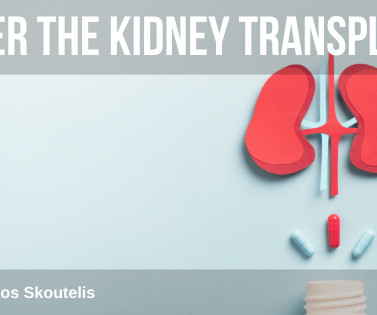Don’t Forget the Orbeez!
Don't Forget the Bubbles
JANUARY 17, 2024
2015 But we all know that what happens in the lab does not always mirror what happens in real life. Other symptoms, such as constipation, abdominal pain and dehydration, were also be seen. There have been reports of the Orbeez Challenge leading to serious outcomes. ” ( Ed. After Darracq et al., Zamora et al., Darracq, M.A.,



















Let's personalize your content